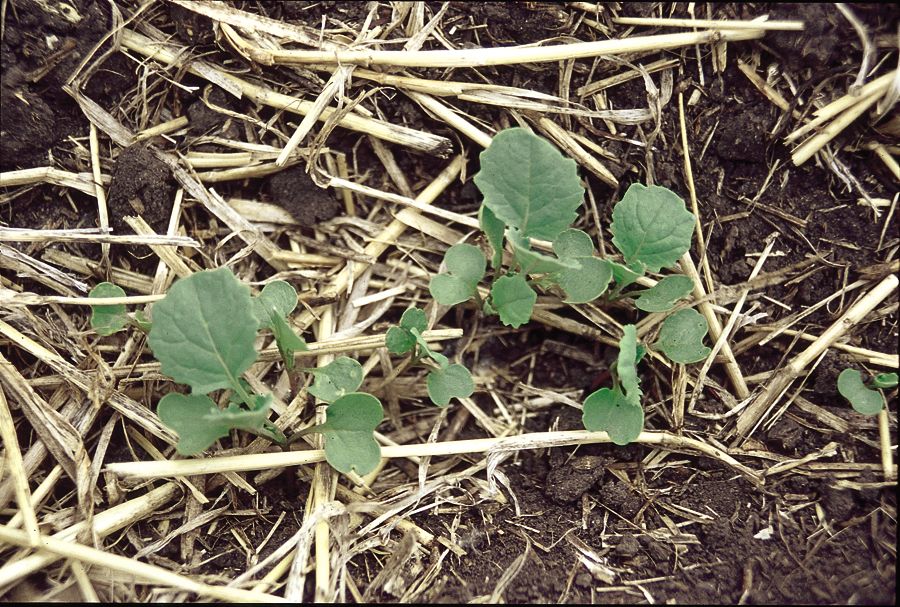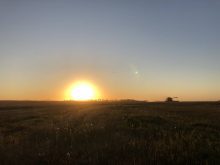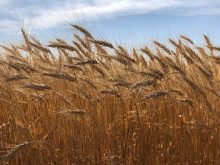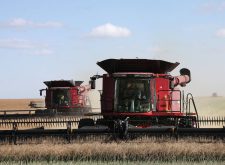BASF says they are aware of the issues farmers are seeing in some of their canola varieties.
A statement from the company, released in mid-June, noted that some InVigor hybrids “may be encountering various challenges that could be hindering crop establishment this season.”
The issue had been noted in “select geographies” in Western Canada, according to the company.
When asked which hybrids were impacted, a spokesperson from BASF Canada said the company is still collecting data.
“Our dedicated team is reviewing possible contributing factors that could hinder crop establishment, as well as whether there are demonstrable geographic, environmental and/or other patterns or trends,” they said in an emailed statement. “We are committed to examining the situation and when our review is complete, we will provide an update to our customers.”
Read Also
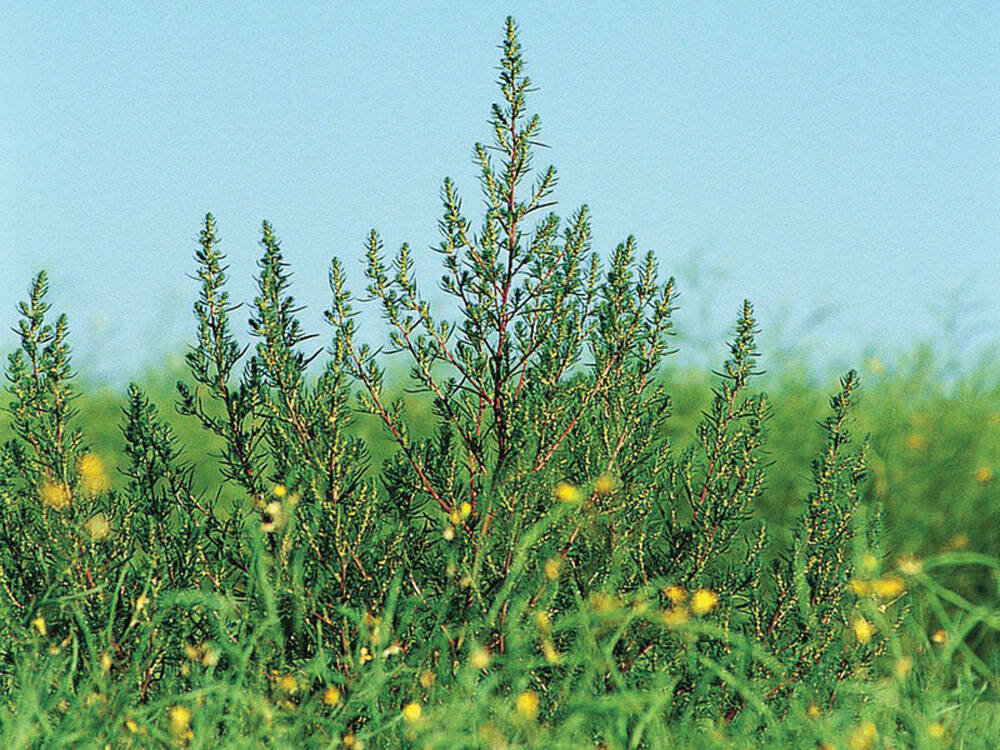
FMC Canada unveils 2026 crop protection roster
FMC Canada’s crop protection lineup for 2026 will include four products marketed for control of kochia.
The statements come after complaints from farmers, including images of fence-line variety comparisons posted on social media and claiming Invigor as the visibly lagging sections of the field. Similar complaints and posts led to some producers to suggest that a seed treatment issue might be in play.
“At this point in time, we do not know what may be hindering crop establishment this season,” the spokesperson said. “There may be several possible contributing factors and we have a dedicated team of researchers, scientists, agronomists and crop establishment specialists assessing the situation, but it will take some time.”
The company added, however, that it is unlikely that Group 2 carry over from sequential dry years is a culprit. Manitoba was deemed of little risk for the issue due to heavy snowpack through the winter and rain in spring 2022.
Courtney Boyacheck, agronomy specialist with the Canola Council of Canada, said she could not comment on any local issues with BASF hybrids in specific, but urged producers to show patience and speak to their reps if they are seeing vigor issues.
“We’ve had so many stressors that it’s really hard to play the blame game at this point,” she said. “There have been hybrids kind of all over the province, regardless of where they came from, that have been slow to emerge.”
– Alexis Stockford is a reporter with the Manitoba Co-operator.

